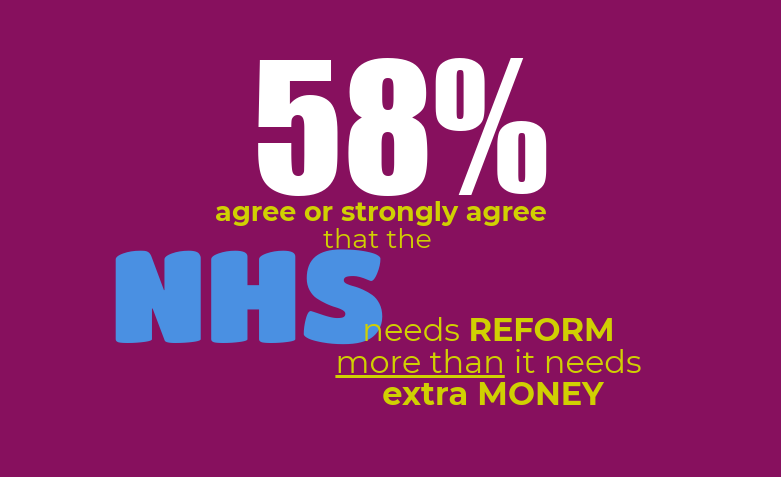
What the UK can learn from South Korea’s Covid response | Devi Sridhar
Brilliant article by @devisridhar. A must read for all involved/interested in the pandemic response.
Below, I expand the point on clinical lessons from S.Korea.
1/9
theguardian.com/commentisfree/…
Brilliant article by @devisridhar. A must read for all involved/interested in the pandemic response.
Below, I expand the point on clinical lessons from S.Korea.
1/9
theguardian.com/commentisfree/…
The first part of any pandemic response is to identify those who have the infection. It sounds obvious, I know. And I can't believe it actually has to be said. But such are the times we are in!
There are two reasons:
1. Isolate.
2. Treat.
@theAliceRoberts
There are two reasons:
1. Isolate.
2. Treat.
@theAliceRoberts
Isolation prevents the spread of infection and thus death and disability.
Treatment directly prevents death and disability - the actual threat posed by the virus. It is this 'threat' we are concerned with. Fail to identify and treat cases, more people die and the threat grows.
Treatment directly prevents death and disability - the actual threat posed by the virus. It is this 'threat' we are concerned with. Fail to identify and treat cases, more people die and the threat grows.
Treat the infection successfully and the actual 'risk' posed by the pandemic diminishes.
It is part of the reason for the WHO's first recommendations:
1. Triage all cases
2. Admit all cases to a healthcare setting.
4/9
It is part of the reason for the WHO's first recommendations:
1. Triage all cases
2. Admit all cases to a healthcare setting.
4/9
It is worth really examining the flow diagram:
▪️All symptomatic cases are admitted.
▪️And all 'at risk' asymptomatic cases are admitted.
▪️And if an asymptomatic person has a vulnerable person at home, they are admitted to a quarantine facility.
▪️All symptomatic cases are admitted.
▪️And all 'at risk' asymptomatic cases are admitted.
▪️And if an asymptomatic person has a vulnerable person at home, they are admitted to a quarantine facility.

Note the 'at risk' category includes everyone over 50 yrs of age and ANY medical condition.
And while some cases are admitted to 'make-shift' quarantine facilities...they all get basic medical observations to detect deterioration early.
And while some cases are admitted to 'make-shift' quarantine facilities...they all get basic medical observations to detect deterioration early.
By taking this proactive clinical approach to Covid-19 (not the 'hands-off' approach of the US and UK), mortality and morbidity reduce. Less people die and less people end up with Long Covid.
But also, patients need much less intensive treatment!
But also, patients need much less intensive treatment!
It is how we manage 'normal' pneumonia. Identify it early, treat it early, and patients need only a few days on inpatient treatment, versus weeks if presentation is delayed. "Stay Home" neither saves patient nor the health service.
I loved Prof Sridhar's article, but I also felt a bit annoyed. The principles of pandemic management are so simple. Failing to follow them is moral and economic lunacy..., and either a colossal arrogance or searing indifference to the public.
We can do better!
End
RT pls.
We can do better!
End
RT pls.
• • •
Missing some Tweet in this thread? You can try to
force a refresh









